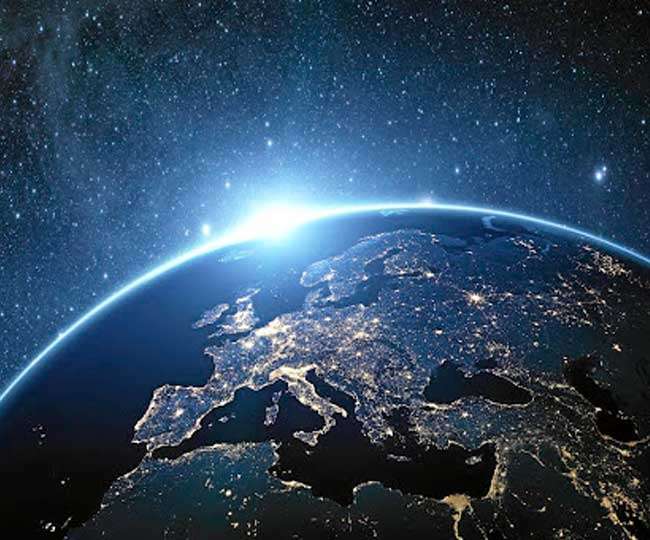
New Delhi : Planet Earth is all set to get a mini Moon in the upcoming month (November) and there are reports which claim it to be actually space junk from 1960s.
Researchers are tracking the object which looks like an asteroid which will be temporarily captured by Earth’s gravity for a couple of months, before it heads back to the solar system. Meanwhile, some of the researchers claim that going by the path of the object, it could be a space junk created from a 1960s era rocket.
“I’m pretty jazzed about this,” Paul Chodas, the manager of NASA’s Center for Near Earth Object Studies told The Associated Press. Chodas is one of the world’s leading experts on asteroids and has been on the lookout for returning space debris for decades, he told the AP.
The object was first identified last month by researchers in Hawaii. They named it 2020 SO, and designated it as a near-earth asteroid.
Chodas speculates that asteroid 2020 SO is actually the Centaur upper rocket stage that successfully propelled NASA’s Surveyor 2 lander to the moon in 1966 before it was discarded. The lander ended up crashing into the moon after one of its thrusters failed to ignite on the way there. The rocket, meanwhile, swept past the moon and into orbit around the sun as intended junk, never to be seen again – until perhaps now.
How researchers identified that it is not an asteroid?
The Nasa experts said that while it was being considered an asteroid that would become a mini moon, circling Earth for several months, there were several features that gave it away.
First, its near-circular orbit around the sun, which is unusual for an asteroid.
The object is also in the same plane as Earth, not tilted above or below, another red flag. Asteroids, on the other hand, are usually zipped by at odd angles.
Another fact that it is approaching Earth at 2,400 kph. Asteroids are faster.
There likely are dozens of fake asteroids out there, but their motions are too imprecise or jumbled to confirm their artificial identity, Chodas was quoted as saying by AP.
“I could be wrong on this. I don’t want to appear overly confident,” Chodas told AP. “But it’s the first time, in my view, that all the pieces fit together with an actual known launch.”

Leave a Reply